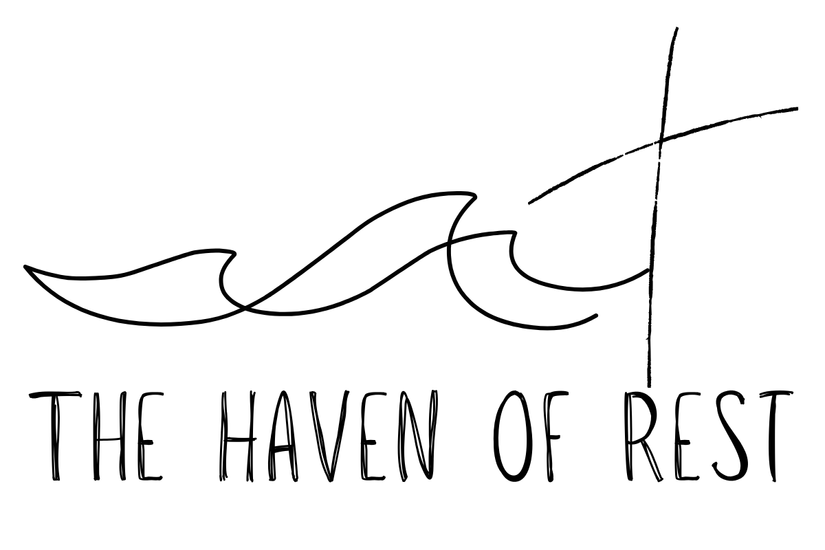
Written by: Tahnee Wientjes
First published: March 16. 2022 – Updated: Nov. 15. 2024
Essential homemaking skills are valuable for anyone who wants to create a comfortable and organized home.
This post may contain affiliate links. That means I make a small commission for purchases made through these links, at no extra cost to you. All opinions are my own. You can read my full disclosure here.
What Are Vintage Homemaking Skills?
Whether you’re a seasoned homemaker or a beginner, developing vintage homemaking skills can help you manage your household effectively and efficiently, with joy.
From meal planning and budgeting to cleaning and organizing, you can learn many vintage homemaking skills to become a happy homemaker.
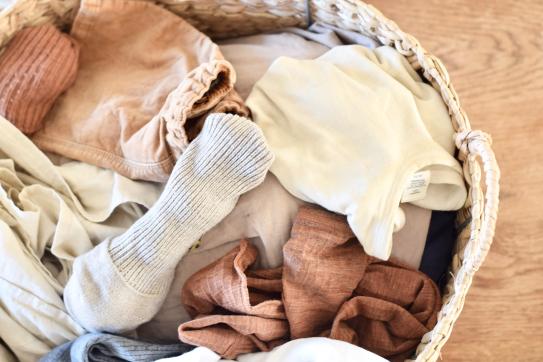
The Importance of Vintage Homemaking in Today’s Busy World
It can be calming to know where your safe place is. Your home: the place to come to and find rest. In this ever-busy world, it may be more important than ever to build a warm, lovely home.
One of the best ways to start is by focusing on the basics. By mastering basic homemaking skills like laundry, cleaning, and home maintenance, you can establish a strong foundation for more complex tasks.
Meal planning is another essential homemaking skill that can save you time, money, and stress. By planning your meals ahead of time and making a grocery list, you can ensure that you have everything you need to prepare healthy and delicious meals for your family.
Overall, learning essential homemaking skills is a great way to create a comfortable and organized home environment that you and your family can enjoy.
Let’s dive into all the essential homemaking skills for the modern homemaker!

Basic, Vintage Homemaking Skills
Homemaking skills are essential for every homemaker. Even in modern times, old-fashioned homemaking skills are still relevant and can be beneficial for homemakers.
Here are some basic and vintage homemaking skills that every homemaker should know. We’ll look briefly at some of the basics and later we’ll dive a little deeper into some of those vintage homemaking skills.
Cleaning – Cleaning is a great skill that every homemaker should have. It is a good thing to keep your home clean and tidy. Knowing the best way to clean and organize your home is an essential skill.
Cooking – Cooking is another vintage homemaking skill. Knowing how to prepare nutritious and delicious meals for your family is a great skill. Learning traditional and modern recipes can help you improve your cooking skills.
Sewing – Sewing is an old-fashioned homemaking skill that is still useful today. Knowing how to sew can help you repair clothes, make curtains, and other useful items for your home. It’s a very handy skill to know and can save a lot of money!
Gardening – Gardening is a vintage homemaking skill that’s fun & relaxing. I think every homemaker should know a little about gardening. Growing sprouts on the kitchen window sill. Or, vegetables, fruit & herbs can be a good thing for your health and budget.
Having a good plan for your garden can be very helpful. Especially if you have children, gardening is a valuable learning experience for them. Knowing where their food comes from and what it takes to grow something is super valuable.
Home maintenance – Knowing how to do basic repairs and maintenance around the house is an essential skill. It can save you a lot of money and help you keep your home in good condition.
Budgeting – Learning how to manage your finances is a good thing for every homemaker. Knowing how to create a budget, save money, and make the most of your resources can help you stay on top of your expenses.
Time management – Vintage homemakers knew how to manage their time efficiently. Learning how to prioritize your tasks, make a schedule, and stick to it can help you get more done in less time.
Self-care – Taking care of yourself is essential for every homemaker. Developing good habits such as exercising, eating well, and getting enough sleep can help you stay healthy and energized.
Whether you are a new homemaker or an experienced one, learning these skills can help you become more effective in managing your home.
There are many resources available to help you learn, including vintage and traditional methods, modern techniques, and links to useful products.
Let’s dive a little deeper into some of the essential homemaking skills.

Cleaning
Learning how to clean is an essential skill for every homemaker. Fortunately, acquiring the necessary skills doesn’t have to be complicated or time-consuming. Here are some tips to help you get started:
The most important skills to learn are the basic ones, such as sweeping, mopping, dusting, and washing dishes. These skills may seem simple, but they form the foundation for more advanced cleaning tasks.
Resources
There are many great resources available online that can teach you how to clean effectively. Clean Mama is one of my favorites since it covers all the cleaning basics. Also, the book Down to Earth by Rhonda Hetzel is a timeless resource. Read more recommendations in the post I wrote on the best books for the homemaker.
Vintage cleaning skills
While modern cleaning tools and technologies can be helpful, don’t forget about the vintage homemaking skills that have stood the test of time. For example, using vinegar and baking soda to clean can be just as effective as chemical cleaners, and it’s much more eco-friendly. Natural cleaners can save you a lot of money, especially if you make them yourself.
Routines
The easiest way to get better at cleaning and keep it fun is to have a routine. Set aside a few hours each week to clean your home thoroughly, and soon you’ll find that it doesn’t take as long to keep up with the cleaning work.
If you know someone who is an effective homemaker, ask them for tips and advice on how to clean. They may have some great insights and tricks that you can apply to your own homemaking routine.
Learning how to clean is a great skill to have as a homemaker. With a focus on the basics, a willingness to embrace old-fashioned techniques, and a commitment to a routine, you can become an effective cleaner in no time.

Laundry
As a modern-day homemaker, doing laundry is one of the essential tasks to keep a clean, neat house and maintain a cozy home. The good news is that with a washing machine, doing laundry has become much more doable and effective than it was in the past.
The top priority for doing laundry is, of course, to have clean laundry at the end of the process. These things really help me do laundry efficiently…
Ox gall soap is a great stain treatment, that’s even suitable for treating wool clothes. Vinegar is an effective water and fabric softener (don’t use it on bamboo cloth diapers!).
If you use vinegar regularly it will act as a descaler and even prevents the forming of limescale that could affect your machine’s efficiency.
By making laundry detergent you can save money as well. And, you can add essential oils to your liking.
Sorting and routines
To make doing laundry efficient and therefore somewhat fun, it is a good idea to develop the habit of sorting clothes before washing, following the instructions on clothing labels, and using appropriate settings on your washing machine.
If you have children, it might be a good idea to give them each their own laundry basket and teach them to do their own laundry once the basket is full.
That will teach them responsibility and develop good habits early on. Or, you could have one laundry basket per room.
You could even designate a set day for each type of laundry. For example, sheets on Saturday, Monday for baby clothes, Tuesday for towels, etc.
What works will be different for each family so experiment with what works best for your family.
Machines
As for the vintage part. I’m glad that I can now use our washing machines and dryer to save time and energy. Although these appliances come with an extra cost, they make doing laundry much more manageable than using old-fashioned skills such as hand-washing.
Although we now have a dryer. Especially on warmer days, laundry can be dried outside. That saves lots of energy and money.
Make sure you ventilate well when you’re drying your laundry indoors.
If space is an issue, consider making use of the open space above the stairs. Warm air will rise, which makes it an excellent place for drying laundry.
Make sure you have enough wooden clothes pins to pin your clothing. By pinning it right (without double layers) your clothes will dry faster.
Larger items can be put on hangers and sheets and bedding can be hung over a door.
Folding
While folding a load of laundry, it’s a good idea to do other simple tasks such as listening to the Bible on tape or good books to make the most of your time.
Ultimately, developing habits that promote a clean and organized house will ensure that doing laundry becomes an easy and effective part of your daily life. Try to keep a routine that works for your family.
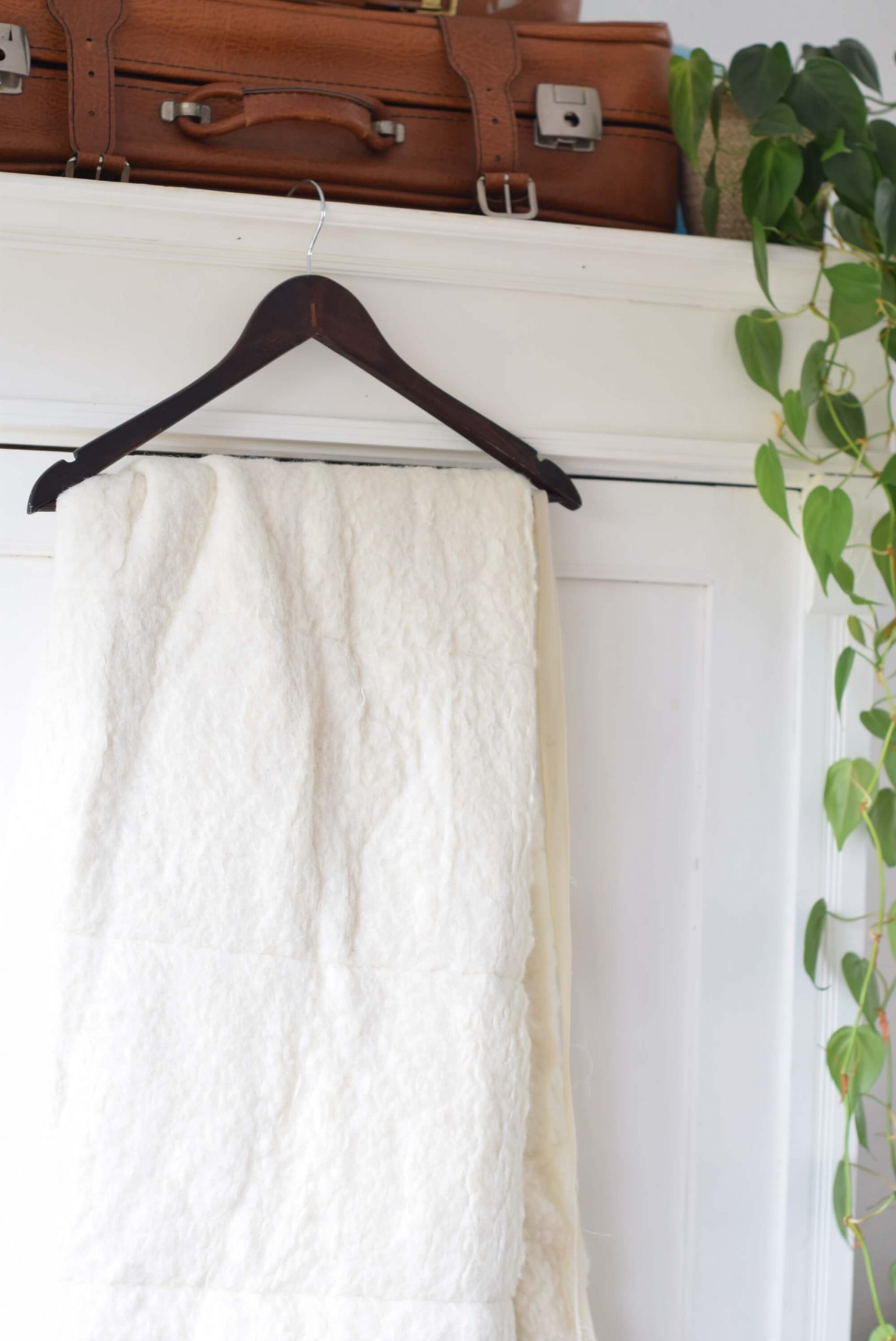
You might like…
Click on the blog post title below to keep reading and be encouraged.
Meal Planning
Meal planning is one of those skills that brings peace to some and adds stress to others. If you have a pantry full of staples you can probably choose your meals per day.
Otherwise, meal planning is a good idea. A good meal plan brings peace because you know what you need to do. No last-minute take-aways of hasty dinners.
How to make a meal plan
When it comes to meal planning, there are a few key things you should keep in mind. First, plan your meals around the fresh produce that is in season.
This will not only save you money, but it will also ensure that your family is getting the nutrients they need. When you have your own vegetable garden, be sure to include those fresh veggies as well!
Second, try to cook your own food as much as possible. This will not only be healthier for your family, but it will also give you more control over the ingredients you use and will be much more cost-effective.
Finally, make meal planning a regular part of your routine. Set aside time each week to plan your meals for the upcoming week. This will help you save time and money, while also ensuring that your family is well-fed and happy.
Be sure to check out the Resources section for a FREE meal planner template. Or, go straight to the Printable Meal Planner by clicking the button below.
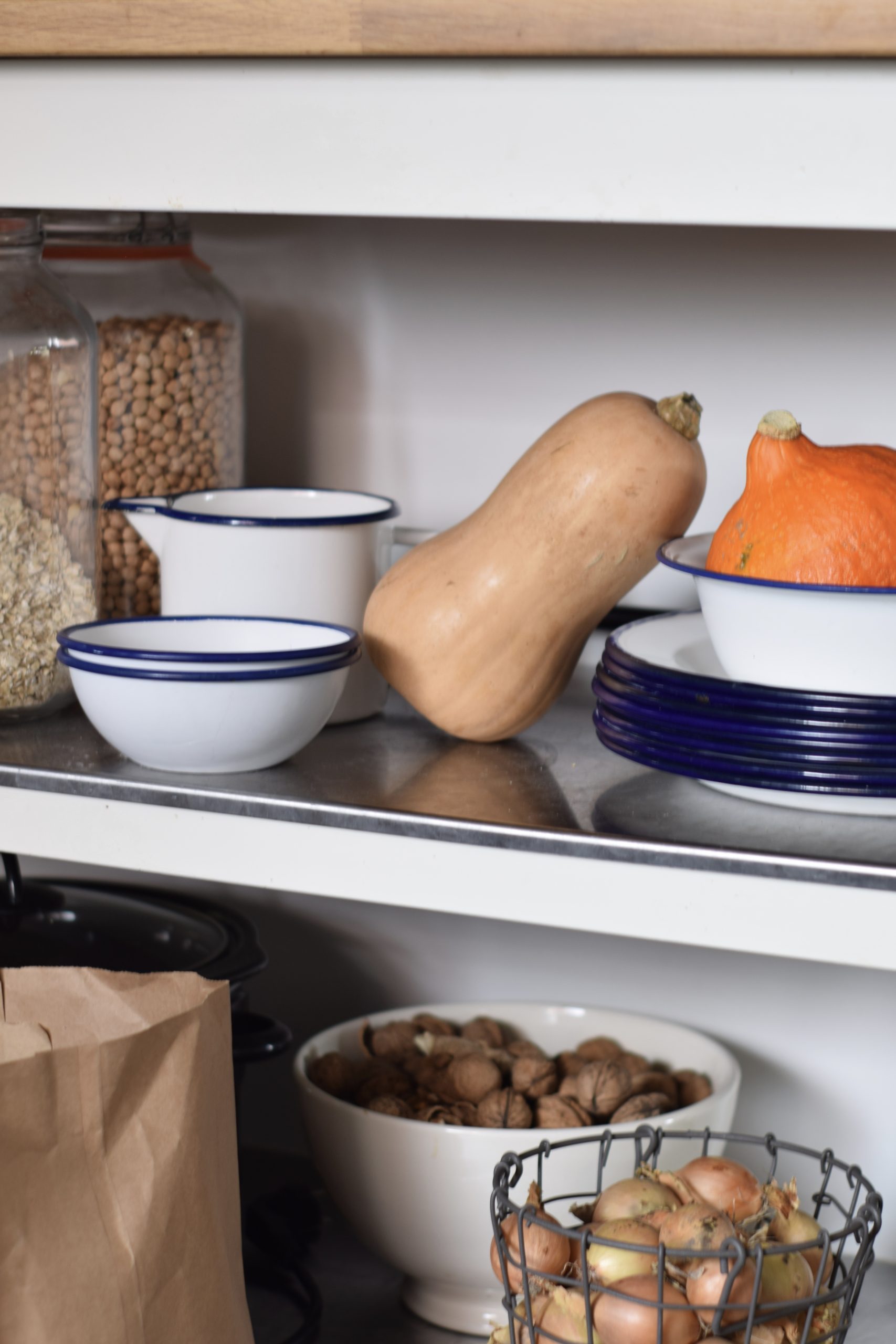
Finances
Home economics helps to manage a household and keep it financially healthy.
One of the most important skills in home economics is time management. When you’re juggling daily tasks like grocery shopping, cleaning, and paying bills, it’s important to use your time wisely. Learning how to prioritize tasks and manage your time can help you avoid feeling overwhelmed and stressed out. We’ll look at time management a little further in the post.
Another crucial area of home economics is financial management. By learning good financial habits, you can avoid falling into debt and build a solid foundation for your financial future.
A practical way to save money is by buying in bulk. Be sure to incorporate bulk food items in your meal planning to save time and money. I made a handy list of what are good foods to buy in bulk.
Technology to develop essential homemaking skills
There are now apps and online tools that can help you track your finances, create grocery lists, and manage your schedule. Although pen and paper still work great!
You’ve got mail!
Certain qualities can make you a successful homemaker. These include being organized, patient, and adaptable. Make sure you have a system to keep track of incoming mail.
Important mail and bills should be paid and put away as soon as possible. It helps to have a good system of binders where you can sort incoming mail that needs to be kept.
Always open incoming mail! Even if it’s mail that you’re not looking forward to. This makes sure you know what you’re up to and when bills need to be paid. Shirking or neglecting mail will only increase the amount of trouble and worry.
In summary, by incorporating old-fashioned homemaking routines with modern tools and techniques, you can become a homemaker who can balance work and family life while maintaining a happy and (financially) healthy household.
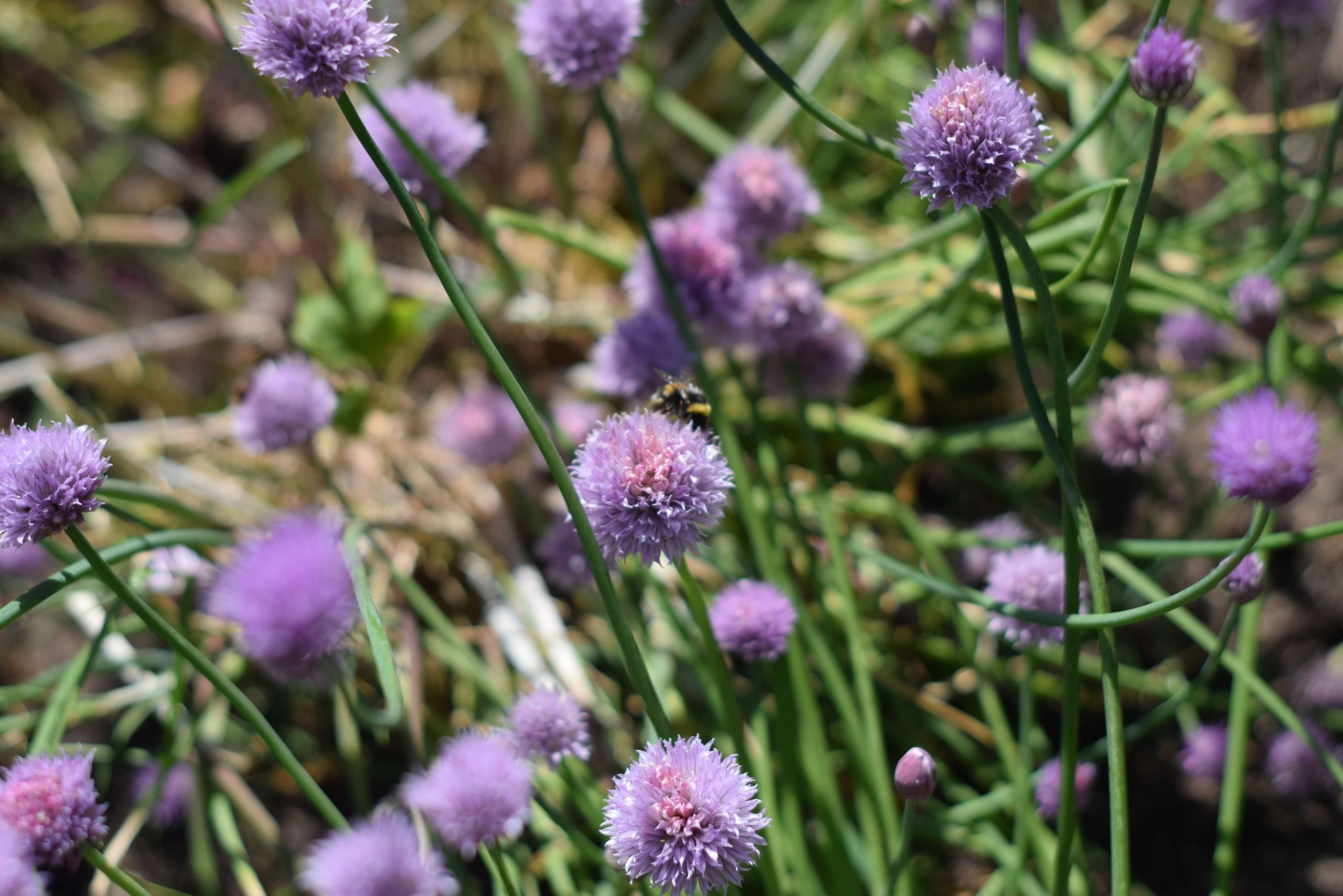
Time management
One of the main reasons why good time management is so important is that it allows you to get more done in less time.
By prioritizing the most important tasks, such as homemaking basics like cleaning the kitchen sink or doing laundry, you can ensure that everything is in the right place and taken care of efficiently.
The forming of habits is very helpful here. As habits are formed it will cost you less time and energy to do things.
DIY
By being mindful of your spending and making homemade bread, laundry soap, and other little things, you can save a lot of money over time.
This includes taking the time, but not too much time to plan ahead and keep track of spending. As you plan your meals for instance, it costs you time once but saves you time at the grocery store because you only have to go once and you don’t have to think about what you’re going to eat once you get home.
Time management skills are not just about taking care of your physical space, but also taking care of the people who live there. Being a good time manager requires discipline, organization, and the ability to prioritize tasks. Here are some tips on how to improve your time management skills:
Set goals
Identify what you want to achieve, both in the short-term and long-term. Write down your goals and prioritize them according to their importance.
Make a to-do list
Create a daily or weekly to-do list of tasks that need to be completed. Prioritize the list and break down tasks into smaller, more manageable tasks.
Plan your day
Set aside specific times to work on each task, and allocate enough time for each task. Schedule the most important tasks during your most productive hours.
Avoid distractions
Turn off your phone, log out of social media, and eliminate any other potential distractions that can prevent you from focusing on your tasks.
Delegate tasks
If possible, delegate tasks to others who can help you. This can help you save time and allow you to focus on more important tasks.
Learn to say no
Don’t take on too many tasks or responsibilities that you can’t handle. Saying no when you need to can help you manage your time more effectively.
Take breaks
Schedule breaks throughout the day to recharge and avoid burnout. Use this time to relax, stretch, or do something enjoyable. Especially for busy moms, you need some rest too to keep your stress level low!
By incorporating these time management tips into your daily routine, you can become a more efficient and effective time manager, and get more done in less time.
Remember, as a homemaker, you are the best friend of your family. Taking care of the everyday life of your loved ones by providing clean laundry, good meals, and a well-kept home is the first step to showing your love and care. So, if you want to excel at homemaking, make sure to prioritize good time management and develop your skills in this area.
Never stop learning…
Everyday life
Everyday life in a household with children can be busy and challenging for a homemaker. The most important homemaking skill in this situation is the ability to multitask and manage time effectively.
Try not to get overwhelmed when the house is a mess. Rather pick up one thing at a time and move from there. Remember, your house will never look perfect, so don’t try to strive for perfection.
Traditional and old-fashioned homemaking skills can be a great help in managing a household with children. These skills, such as cooking from scratch, sewing, and cleaning, can help reduce expenses and because they’re usually simpler it’s easier to include the children.
Character, practical, and essential homemaking skills
In conclusion, managing a household with children requires a variety of skills, from old-fashioned homemaking skills to modern time management techniques. Some skills are just “roll-up-your-sleeves”, practical skills, while other skills are more intangible, character skills. Both are very necessary and I think they complement each other.
By developing both these skills, you can create a warm and welcoming home for your family, and help children grow and thrive.
New Skills
There are many valuable homemaking skills that can help a homemaker maintain a comfortable and well-run home. There’s always something new to learn. Here are some good homemaking skills to consider learning:
Cooking
Learning to cook nutritious and delicious meals from scratch is a key skill for any homemaker. This includes meal planning, grocery shopping, and food preparation techniques. Also, baking with sourdough is a tasty skill to learn and not as hard as it may seem.
Cleaning
Keeping a clean and organized home is important for creating a comfortable and healthy living environment. This includes learning proper cleaning techniques for various surfaces and areas of the home. Developing new habits and routines. Experimenting with making your cleaners is a great skill to try out.
Laundry
Knowing how to properly launder and care for clothing, linens, and other textiles is an essential homemaking skill.
Sewing
Being able to repair or alter clothing and household items can save money and reduce waste.
Home maintenance
Learning basic home maintenance skills, such as fixing leaks or changing light bulbs, can save money and prevent bigger problems down the line.
Gardening
Gardening is a great way to relax and learn! Especially with children around they can learn so much from being outdoors. Start small if you’re a first-time gardener and grow your garden as your knowledge and experience increase. Use a Garden Planner to plan and keep track of all that grows and blooms.
Budgeting
Managing household finances and creating a budget is an important skill for any homemaker.
Childcare
For homemakers with children, learning to care for and nurture children is a crucial skill. If you homeschool, there’s always something new to learn for mom as well!
Time management
Being able to effectively manage time and prioritize tasks is essential for maintaining a well-run home.
Reading a good book
While this may not sound like a skill, by reading a good book you can acquire new skills. Books on gardening, homeschooling, Bible related topics are very enriching.
A new craft
Sewing, spinning, knitting, designing in Canva, embroidery. These are all fun crafts to learn and provide some necessary moments of relaxation as well.
Conclusion
By developing these and other homemaking skills, a homemaker can create a comfortable and functional living space for their family.
